| Content | Administering a territory as wide as the world itself is a difficult task, which is only possible for a divinely guided leader and functionaries committed to this divine system and the sovereignty of Islam. Indeed, in order to administer lands and territories Imam al-Mahdi (‘atfs) will appoint ministers who will have had a record of struggle both in experience and action, and who will have shown their firmness and decisiveness.
Governors with strong personalities, who think of nothing but the welfare of the Islamic state and the pleasure of God, will take charge of state affairs. Obviously, a country whose officials possess these qualities will prevail over any difficulty. The destructions wrought by the previous governments will successfully turn into progress and conditions will be so transformed that the living will wish that the dead would live once again.
It must be noted that Hadrat al-Mahdi (‘atfs) will take charge of affairs at the time when the world will have inherited a plethora of confusions and disorders, and there will be millions of invalids as well as physically and mentally sick individuals. An atmosphere of delapidation will cast its shadow upon the world and insecurity will become prevalent everywhere. Cities will be in total ruin on account of wars and conflicts, and the decline of farming due to pollution of the ecosystem will lead to the scarcity of food.
On the other hand, the people of the world would have witnessed that many governments, parties and organizations had claimed that if they were given the chance to take charge of things, they could serve the world and its inhabitants, ensuring peace, security and improvement in economic conditions. In action, however, each of them would have been worse than the other, introducing nothing but corruption, killing and ruin. This book gives hope and insight into government of Imam Mahdi (as). One of the best books on 12th Imam.
HEAVILY SUBSIDIZED BY WWW.ISLAMICTHOUGHT.CO.UK
| This book, which is written by a well known scholar, a graduate of the Sorbonne, who switched from one Muslim school of thought to another, attempts to prove that the Muslims who truly follow the authentic Sunnah of the Prophet of Islam are actually none other than those referred to as the Shi as. It details how these Shi as (or Shi ites) learn this Sunnah from the closest people to the Prophet of Islam: his immediate family members. It traces the history of the Muslims of the first Islamic century and how they split into two camps, thus setting the foundations for both of these major sects. It also deals with the persecution to which the immediate family members of the Prophet of Islam were subjected and the politicians who played a major role in widening the gap between the followers of this sect and those of that. As for its style, the author restricts himself to quoting major authentic Sunni works to prove his point, relying on an in-depth study of the Islamic history in general and of that of the first century in particular. Many controversial themes are discussed in this book, including that of the infallibility of the Prophet of Islam and of the Twelve Imams who descended from Ali and Fatima, cousin and daughter of the Prophet respectively. Finally, the book concludes with an Appendix containing an Arabic poem in one thousand lines in praise of Commander of the Faithful Ali composed by an Iraqi poet for the Arabic speaking readers.
Heavily subsidized by www.wabil.com | This work contains a number of speeches, articles, books, and question-and-answer sessions of the erudite professor, Haḍrat Ayatullah Muhammad Taqi Misbah Yazdi (may his sublime presence endure), which have been compiled, edited and published by the author on the subject of Wilayat al-Faqih. We believe that in the current status of our society, wilayat al-faqih constitutes the central pillar of Islam, and its safety contributes to the splendor of Islam and Islamic laws and values in the society. As such, we have decided to elucidate this theory, support it academically and logically, and enlighten the general public, particularly the young generation of our country who probably know very little about this theory and its ramifications, and thus discharge a small part of our religious duty. Likewise, we have tried to deal with all the aspects of this theory to address the subjects which we find significant and controversial. However, things like the brevity of content and the readers’ patience and the time that they have been taken into account as far as possible.
HEAVILY SUBSIDIZED BY WWW.ISLAMICTHOUGHT.CO.UK | Topics covered from Nahjul Balagha. 1 Self purification 2 Quran 3 Phenomenon& Noumenon 4 Spirituality 5 Perfect human 6 Natural sciences 7 Remedy for India 8 Humanity 9 Model of education 10 Humanist text
HEAVILY SUBSIDIZED BY WWW.ISLAMICTHOUGHT.CO.UK | A series of letters debating Shi'i and Sunni beliefs between the late Shi'i scholar Sharaf al-Din, and the late Sunni scholar and head of Al-Azhar university of that time, Al-Shaykh Salim al-Bishri al-Maliki. The written form of the debates in book, has the advantage that the two parties had the opportunity to provide the best possible replies they could give. The book is written without any disrespect and under mutual fairness. This is one of the most important books that provides a well-argued account of Shiite beliefs, drawing upon reliable sources with a persuasive tone.
HEAVILY SUBSIDIZED BY WWW.ISLAMICTHOUGHT.CO.UK | This text contains fifty chapters, each containing an important lesson on the fundamental beliefs of our faith that are especially relevant for the youth of today. Ayatullah Makarim Shirazi presents these lessons using both philosophical reasoning as well as Qur'anic verses, and concludes each lesson with a few relevant questions which are intended to increase understanding of that particular lesson.
HEAVILY SUBSIDIZED BY WWW.ISLAMICTHOUGHT.CO.UK |

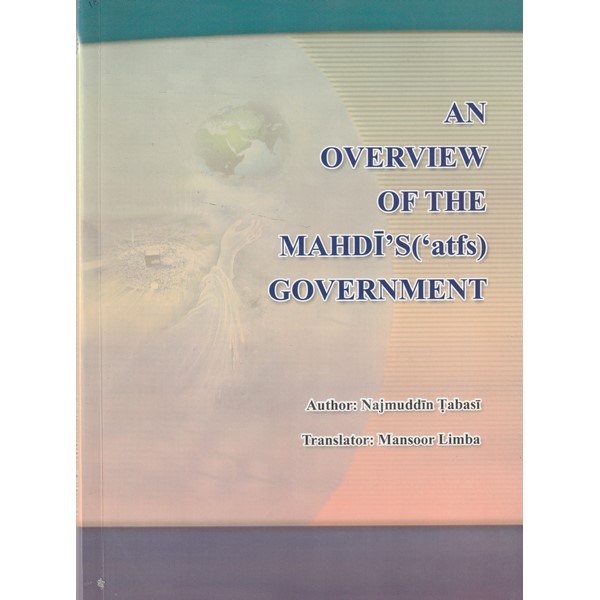

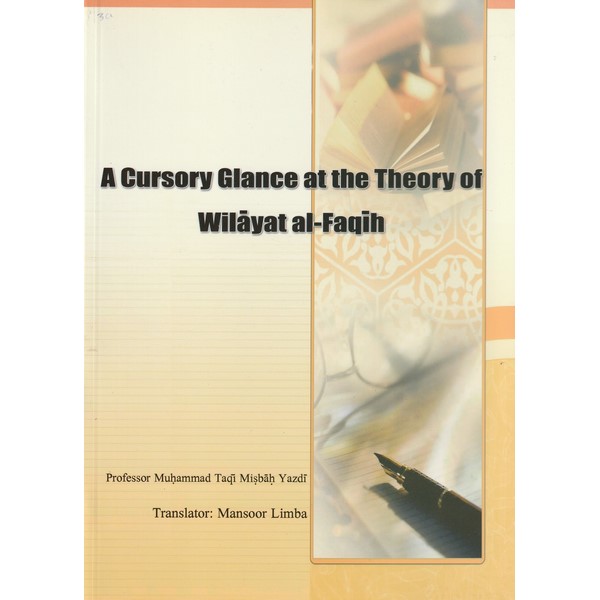
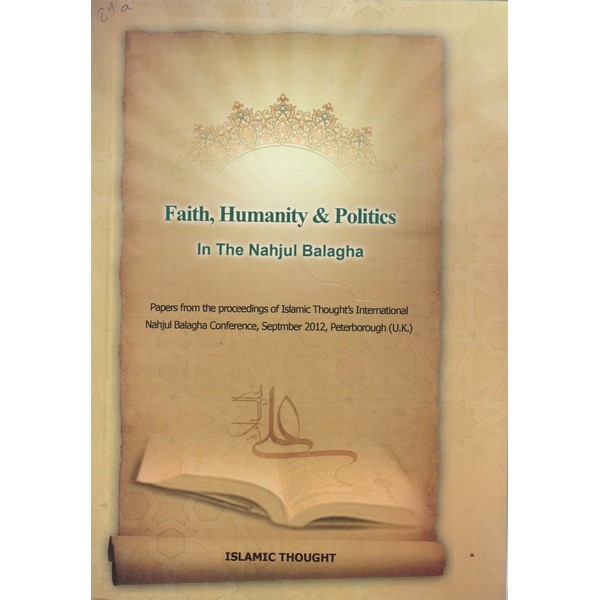
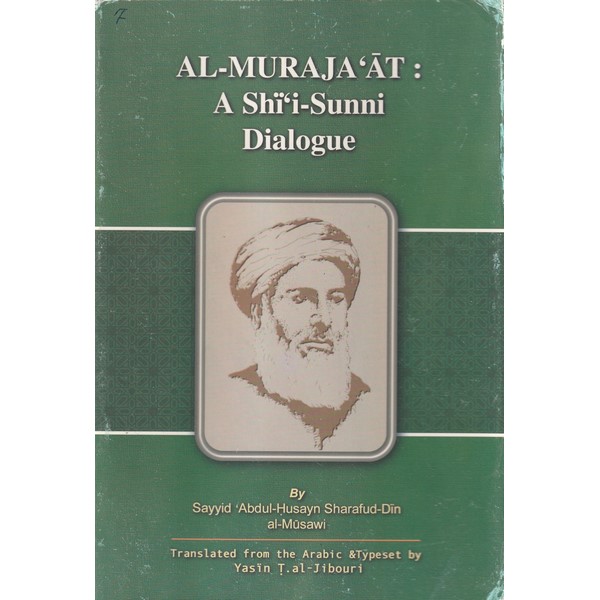
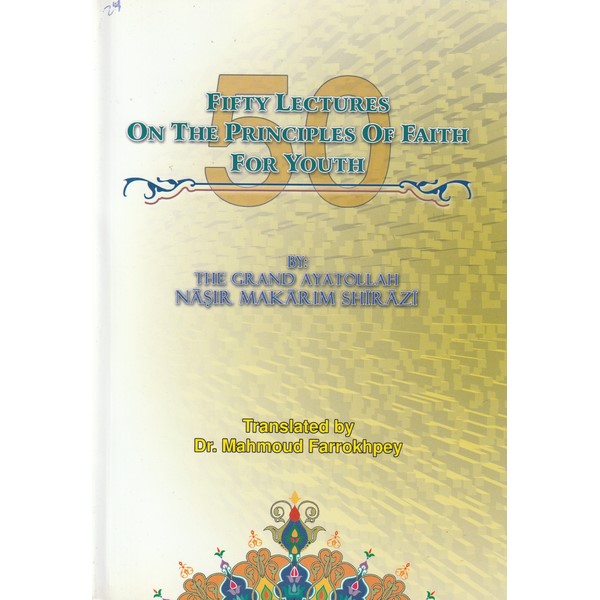
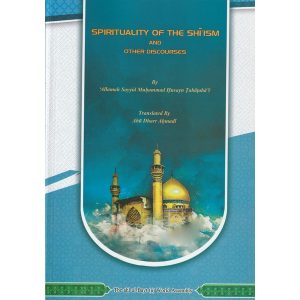




Reviews
There are no reviews yet.